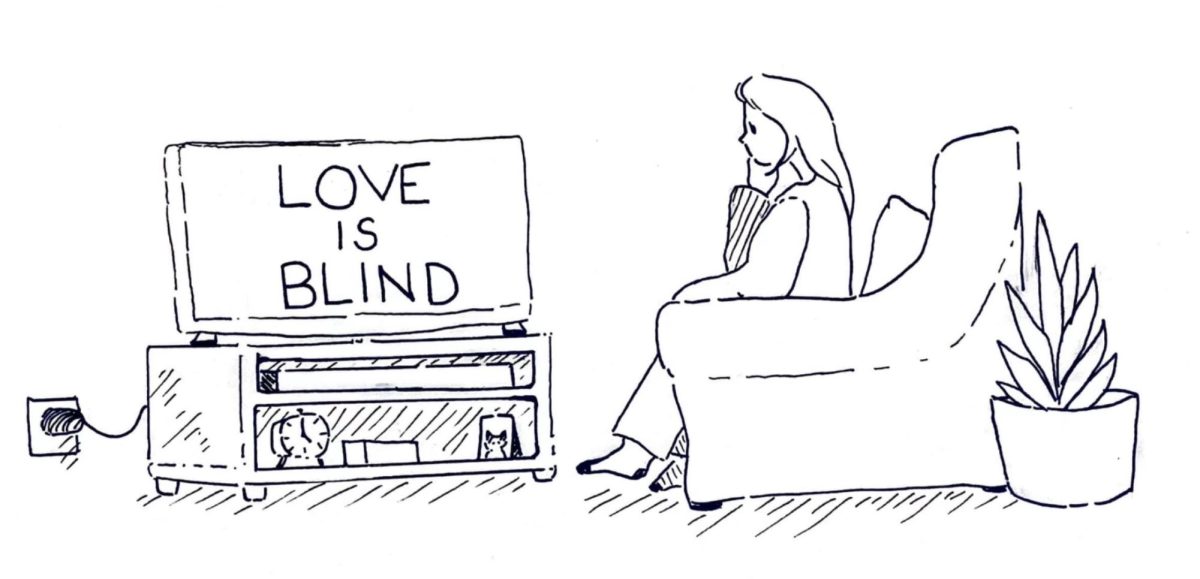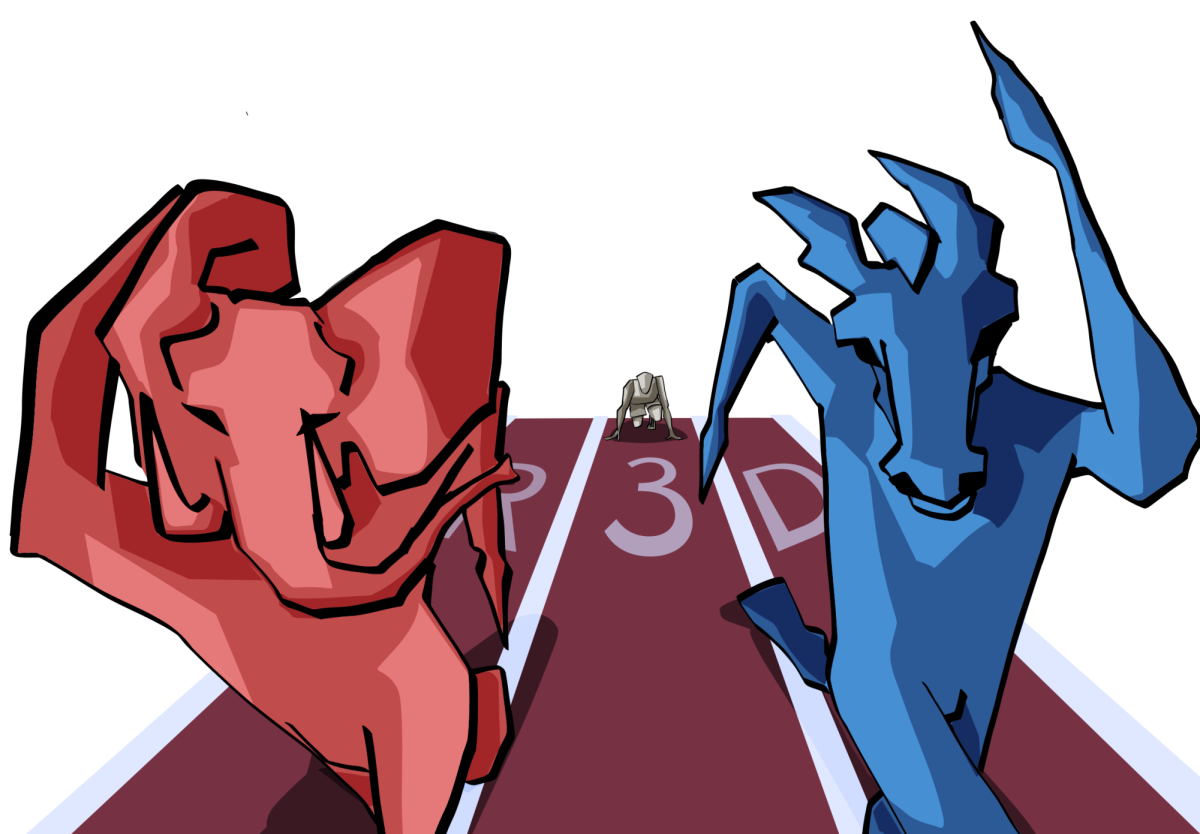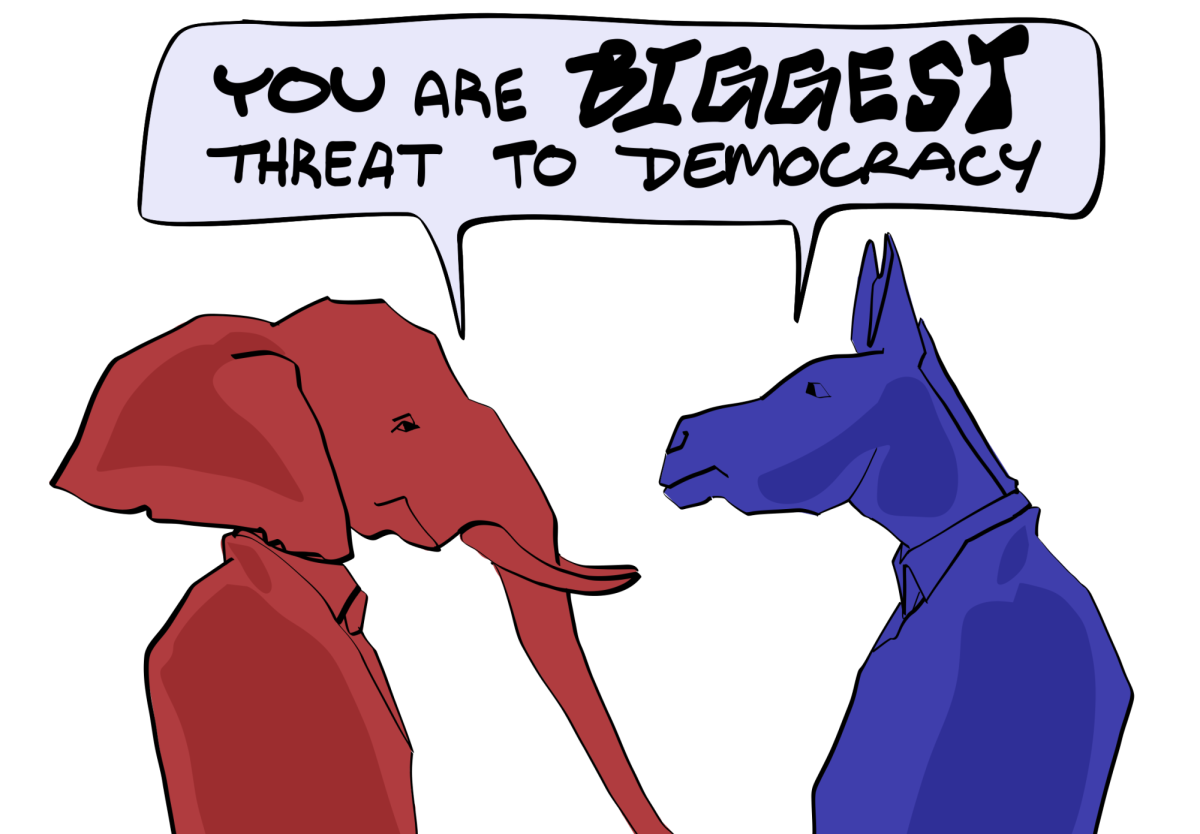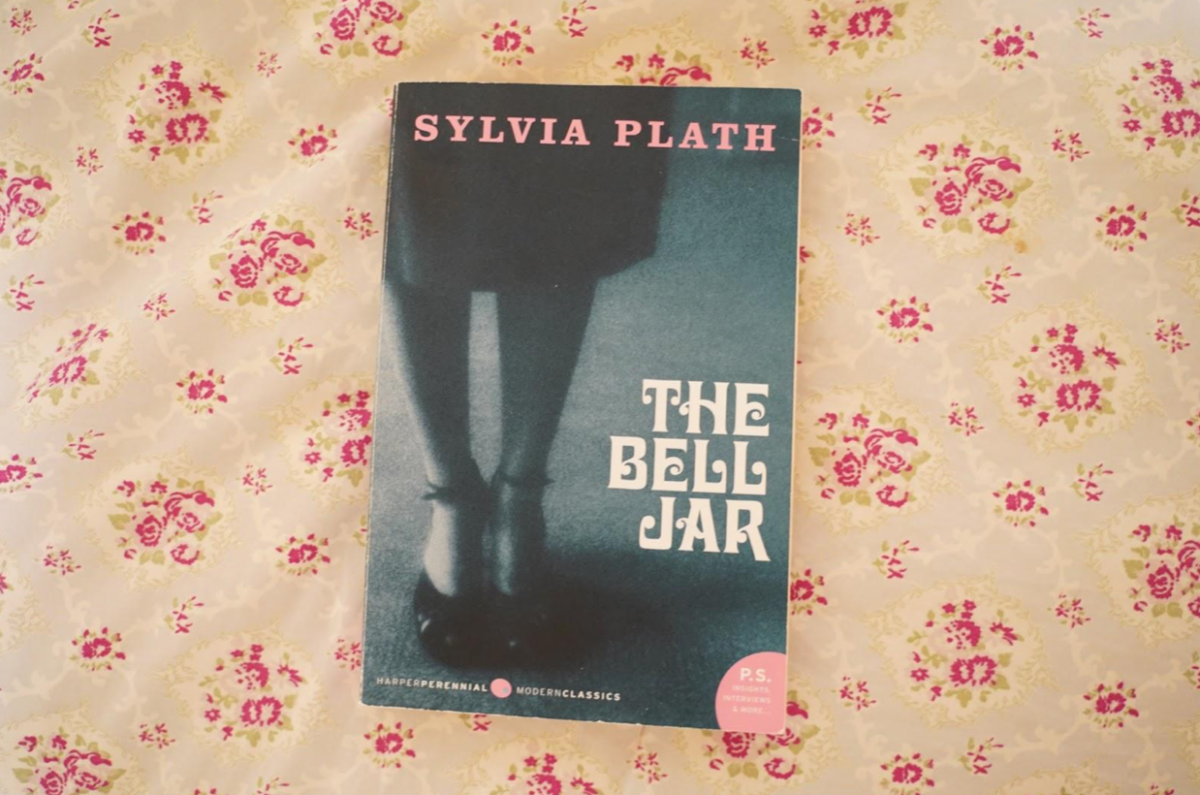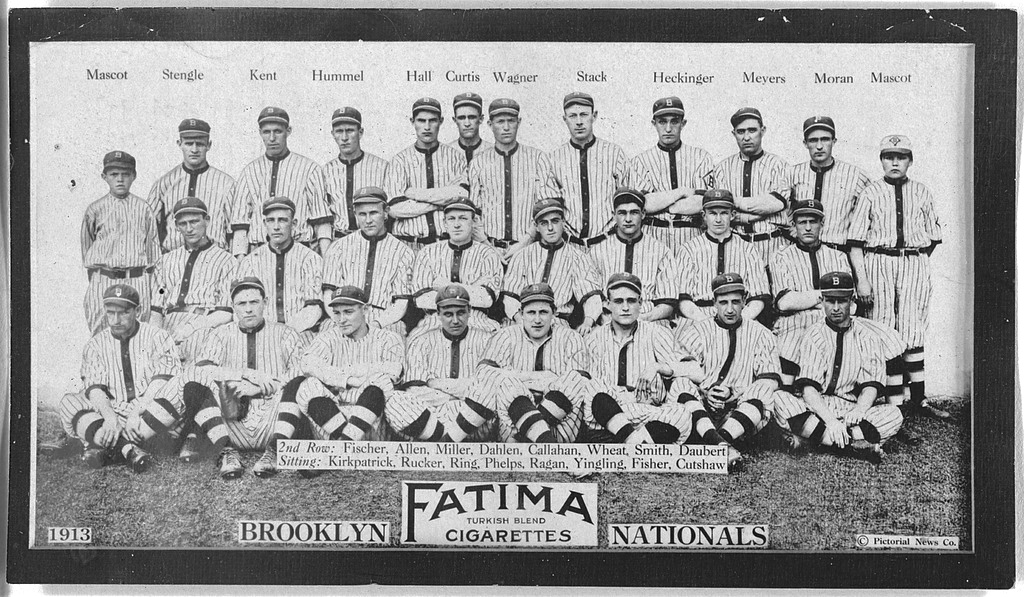
By the age of 15, I already resented my natural body shape and size, because it didn’t match up to look like the girls in Seventeen magazine.
Don’t even get me started on what being a “plus-sized” model means these days. If those ladies are plus-sized, the majority of us are comparably super-sized.
The media are the dictators of how people come to consider themselves as beautiful, fit, slim, overweight or desirable to others.
When it comes to weight, it can be hard to find a happy medium with all the controversy surrounding what’s healthy, hot or normal.
A few weeks back it hit me that many important events were coming up that I needed to get in shape for.
My birthday, Coachella and most importantly, summer — aka bikini season.
What I’ve only recently realized is, I hit the gym everyday to improve the way I look, not necessarily the way I feel.
It’s safe to say that yes, I do feel great when I look great.
But my viewpoint on weight loss has been negatively affected by the media and the standards society holds for what in-shape people should look like.
Every year when summer gets nearer, a little voice in my head pipes up to remind me that if I don’t change my diet and exercise now, pool parties and Bear Hole trips will be my most dreaded endeavors.
I can’t stand next to skinny, bronzed babes in my bikini when I haven’t shed those winter pounds. That’s just crazy!
This is where the problem lies.
Shows like “The Biggest Loser” bring about the idea you have to be slim to win.
People who fall in the weight category of the 200-500 pound range participate in “The Biggest Loser” for motivation and professional help in leading healthier lives.
Rachel Frederickson, the winner of the most recent season, was publicly criticized after her final appearance for being too thin.
The show is called “The Biggest Loser,” which holds true, because it seems you really can’t win.
Frederickson’s newfound figure is now comparable to models on the runway, in commercials and in magazines.
But because she was much larger before, her significant weight loss is perceived by the public to be overly so.
Good for Frederickson for her great accomplishments, but I do not support weight loss programs as hardening as “The Biggest Loser.”
Losing weight is hard. It comes with eating less and exercising more, and that can be hard to manage with the stresses of college.
The problem with the idea of working out and being active, however, is it comes with the premise of being successful in losing weight.
If the perception of weight loss was changed and the images put out by the media were more realistic, I, for one, would have a much more positive outlook on what being healthy, active and fit really means.
Julianna Eveland can be reached at [email protected] or @janeca12 on Twitter.




